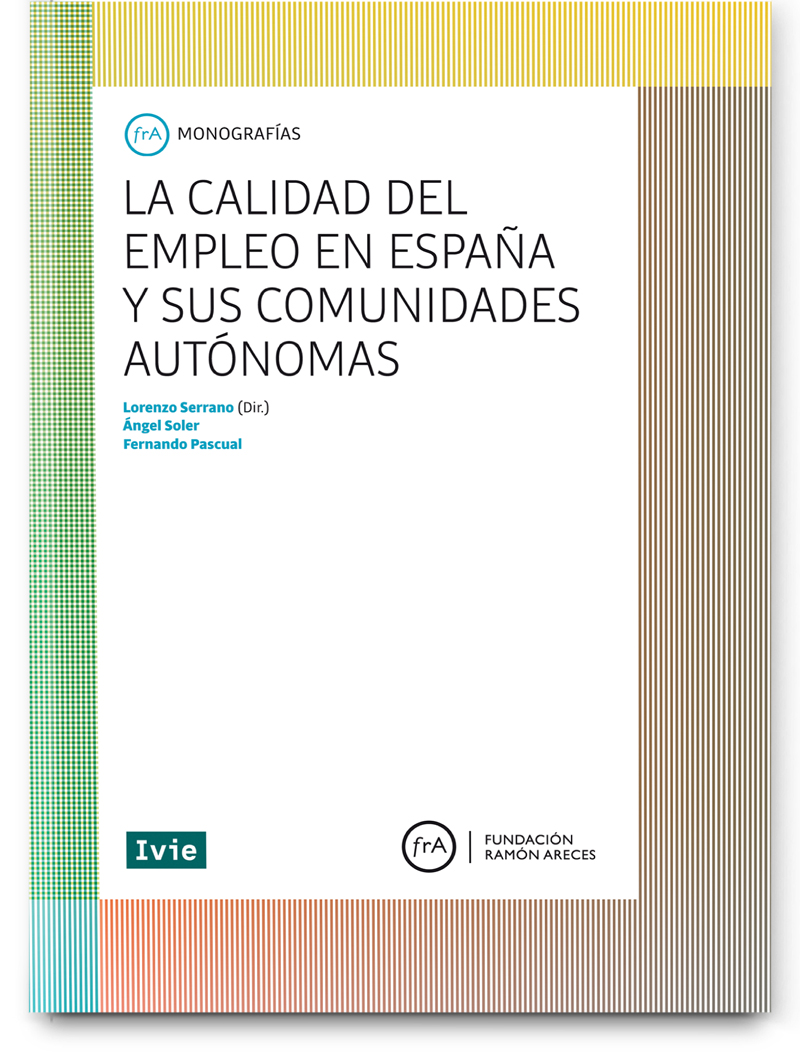Esta web utiliza cookies para que podamos ofrecerte la mejor experiencia de usuario posible. La información de las cookies se almacena en tu navegador y realiza funciones tales como reconocerte cuando vuelves a nuestra web o ayudar a nuestro equipo a comprender qué secciones de la web encuentras más interesantes y útiles.
Research Areas

The quality of employment is of growing interest to governments and social agents because of its importance to people’s personal and societal well-being. With data from several databases on the Spanish labor market for which there is regional disaggregation, this report helps fill the lack of systematized information that currently exists on this issue. In this way, several aspects of job quality are analyzed, ranging from job characteristics, such as salary, type of contract, schedule, degree of reconciliation with family life, accident rate and exposure to health risks, among others, to their degree of adjustment with respect to the characteristics and preferences of employed persons. The report also looks at the most recent evolution of telework, which has increased significantly since the COVID-19 pandemic and undoubtedly has an impact on workers, companies and the social environment.
A job quality index has been constructed to synthesize all these aspects, which allows us to analyze the evolution of job quality over time since 2007, as well as regional differences. Finally, the study is completed with a microeconometric analysis of the determinants of job quality, where human capital, sector specialization and business size play an important role, together with other factors such as the institutional and regulatory framework of the labor market and the phase of the economic cycle.
Serrano, L. (dir.), Á. Soler and F. Pascual (2023). La calidad del empleo en España y sus comunidades autónomas. Madrid: Fundación Ramón Areces.


